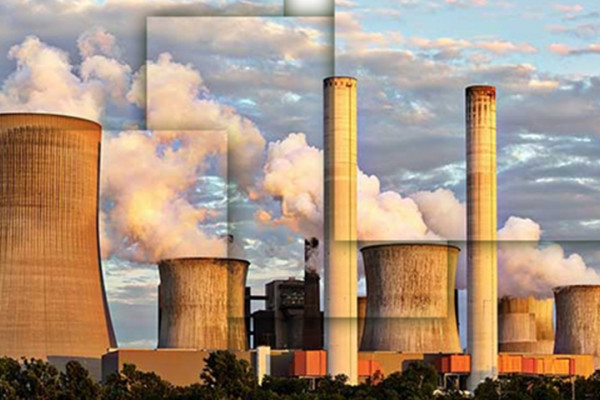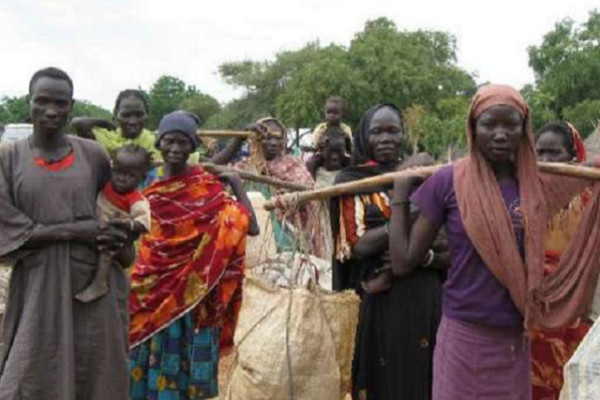Dr. Ir. Georges van Goethem trained in Mechanical Engineering and Applied Sciences in Belgium. After working several years at Belgonucleaire, he began a career at the European Commission. Under the auspices of the Directorate General "Joint Research Centre", he worked as a scientist on the safety of fast neutron reactors. Later, at the DG Research in Brussels, he was responsible for Euratom programmes in nuclear fission research and, especially today, in Generation IV systems and fuel cycles. He is also responsible for Euratom actions in nuclear education and training, is a member of several academic panels, and participates in workshops on innovation in nuclear fission. He is the author or co-author of numerous scientific articles, and monographs and lectures at international conferences. He is a member of the Royal Academy for Overseas Sciences of Belgium.
Given Dr. van Goethem's responsibility for directing nuclear research and education for the EU, he is an ideal person to inform us of what the future holds for our world in this field.
What is the future of nuclear energy today?
What are the risks involved with nuclear energy, and what are the possible solutions for handling these risks?
In a rapidly changing multicultural world full of political and economic uncertainties, research, innovation and education (RIE) in nuclear fission are faced with a number of scientific-technological and socio-political challenges that require a new interdisciplinary approach. In the European Union those challenges include breakthrough technological developments and enhanced public engagement aimed at continuously improving applications of nuclear fission energy and ionising radiation.
The main stakeholders of Euratom RIE programmes have developed a common approach regarding needs, vision and implementation instruments. The common aim is to share knowledge, skills and competences in nuclear fission sciences in order continuously to improve sustainability, safety & reliability, socio-economics and proliferation resistance. As a result, a new way of "developing / teaching science" is proposed, closer to the end-users' needs, with the aim of developing scientific, human and organisational excellence in all parts of the EU and beyond. International collaboration, in particular, has long been - and is still - at the core of EU programmes in nuclear energy, as it forms part of the 1957 Euratom Treaty under Chapter 10 ("external relations").
Note: Content and images not intended for copyright infringement.



